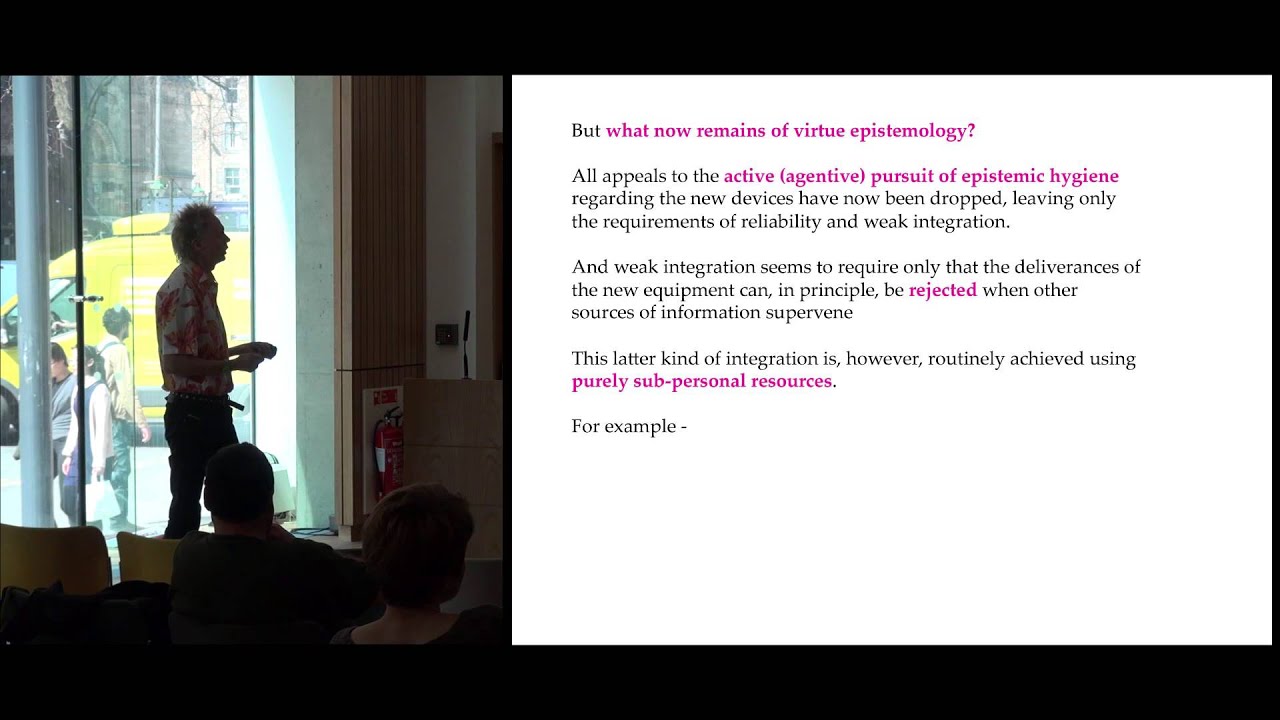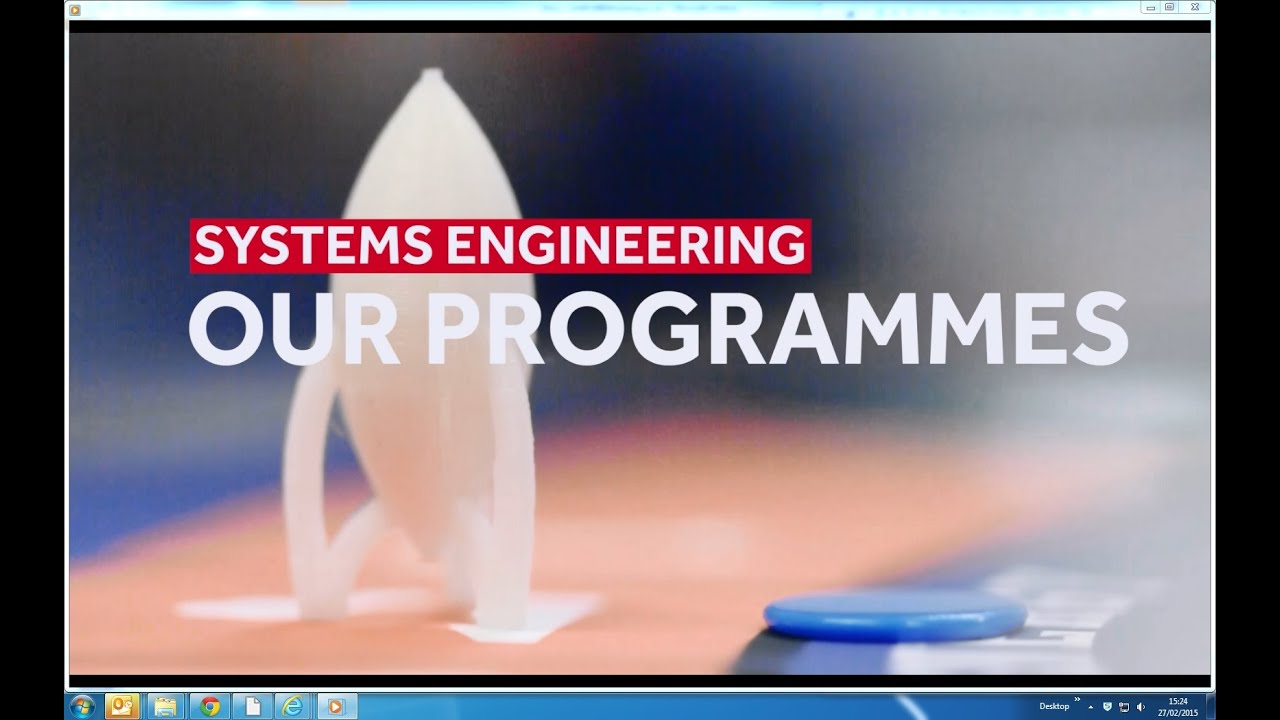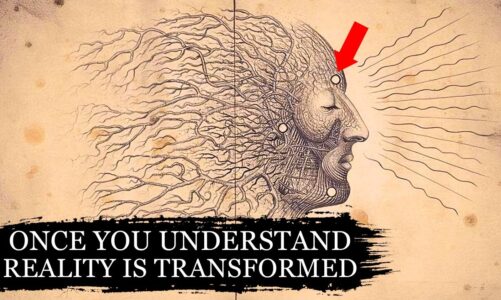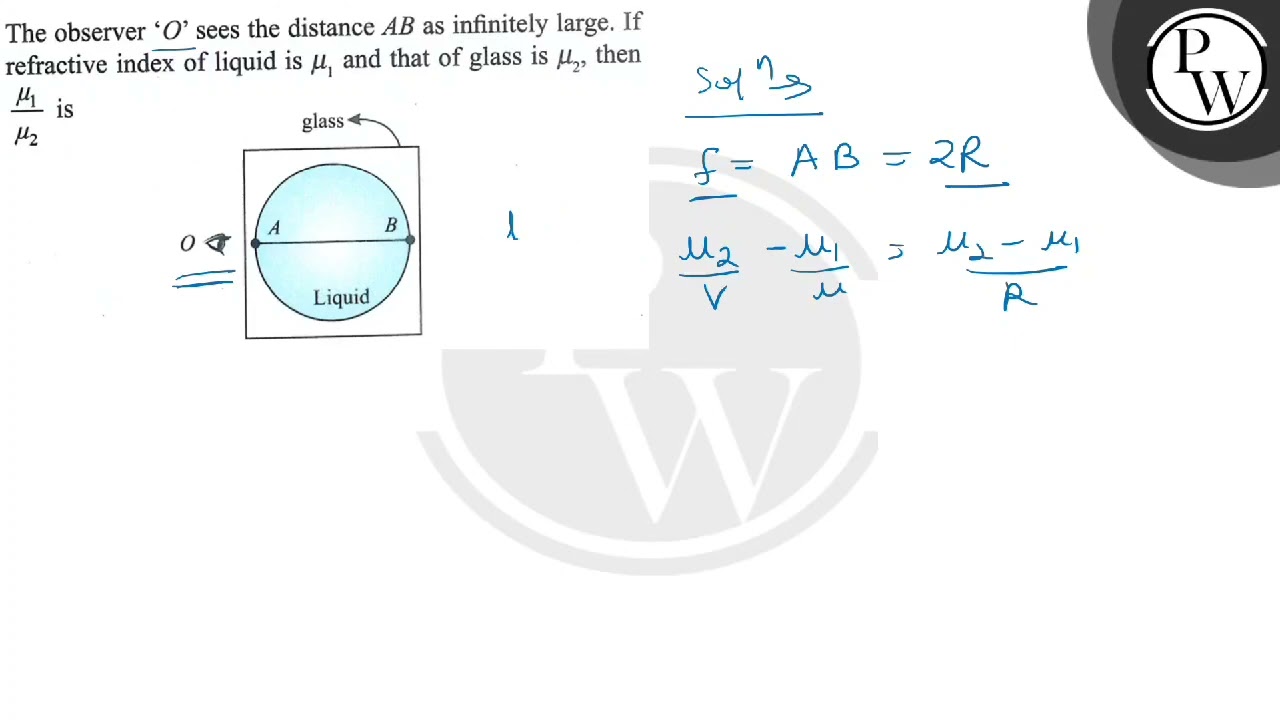Philosophy at the University of Edinburgh
Professor Andy Clark (University of Edinburgh) speaks at the Extended Knowledge conference, University of Edinburgh, 22-24 April 2015.
Abstract: Arguments for the ‘extended mind’ seem to suggest the possibility of ‘extended knowers’ – agents whose specifically epistemic virtues may depend on systems whose boundaries are not those of the brain or the biological organism. Recent discussions of this possibility invoke insights from virtue epistemology, according to which knowledge is the result of the application of some kind of cognitive skill or ability on the part of the agent. In this talk, I argue that there is a fundamental tension in these appeals to cognitive virtue. The tension centers on the presence of a tool or technology as an object of awareness, hence something apt for epistemically virtuous engagement on the part of the agent. I highlight a dilemma: the better something looks as a non-biological element of the machinery of mind, the worse it looks as a potential object of any specifically epistemic skill or ability on the part of the agent. This tension has practical implications for both the design and the ‘epistemically secure’ adoption of new technologies.
Source



